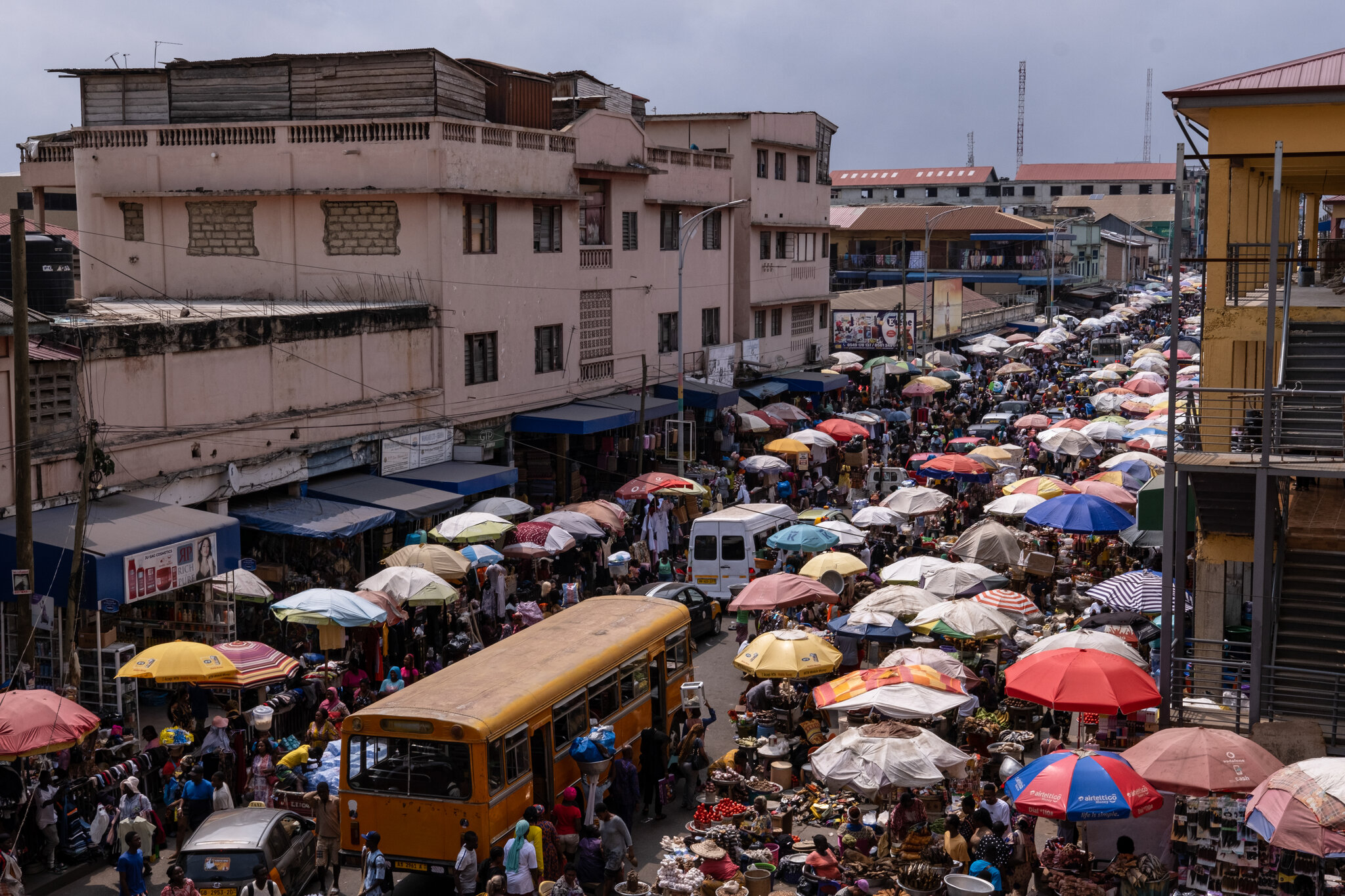Ugandan businesses are grappling with challenges in securing bank credit due to stringent guidelines and high repayment costs. The direct competition with the government for loans in commercial banks, marked by elevated interest rates, adds to their financial burden.
Economic managers assert that the nation’s economy is on the right path, despite the high cost of borrowing from commercial banks. Deputy Governor Michael Atingi-Ego mentioned a six percent economic growth, projected to reach seven percent in the medium term. However, signs of economic challenges are evident.
Jumia Uganda, a prominent e-commerce platform, is discontinuing its food delivery operations, citing economic inviability amid rising expenses and declining demand. Major media publications, Vision Group and Nation Media Group, report significant profit drops post-Covid, attributing them to a challenging business environment and lower advertising revenues.
Tugende Uganda, an asset finance company, faced financial struggles, defaulting on a $1.9 million loan borrowed from its Kenyan subsidiary. Lycamobile, despite a planned $100 million investment in 2021, has struggled to post profits. Several businesses appointed new non-executive directors in response to weakened balance sheets.
Looking ahead to 2024, economic managers face the task of defending 2019 profits in the aftermath of the pandemic. Operating costs, especially energy expenses, are expected to remain elevated, posing a challenge even with government intervention in the petroleum supply chain. The “giant corporate tapeworm of inflation” continues to impact companies like Hima Cement and MTN, forcing increased expenditures on inventories.
Companies with strong pricing power, offering essential products or trusted brands, are likely to succeed in the competition for profits. Strategies to pass costs to customers may be considered, but customer reluctance to spend at higher prices poses a challenge. Private Sector Foundation Uganda CEO Steven Asiimwe emphasizes that essential products will be prioritized by consumers.
The geopolitical landscape, the lasting impact of the pandemic, high taxes, and cautious consumer spending contribute to a complex business environment. Inflationary pressures persist despite a slowdown in the rise of goods and services costs. Companies, such as Hima Cement, face rising expenses, impacting profits. The economic scenario remains uncertain, requiring businesses to adopt strategic measures for sustained profitability.




















